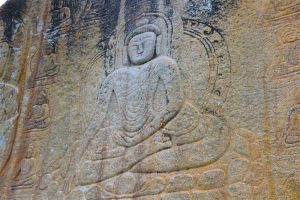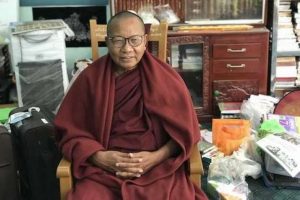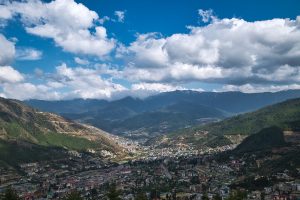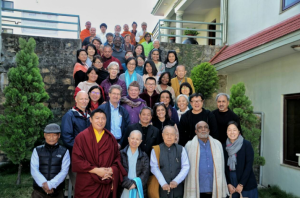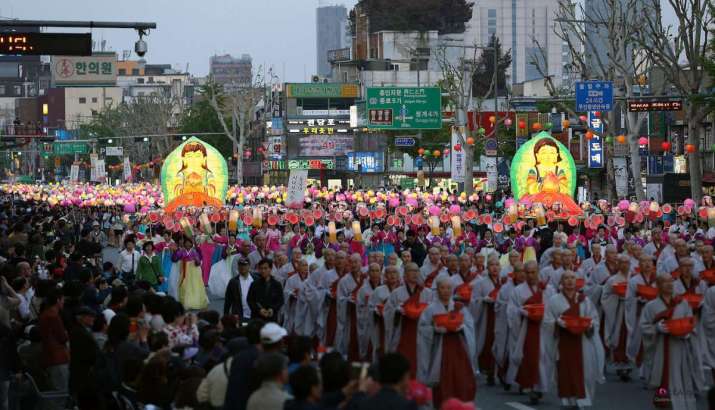
Korea’s Buddhist community on Tuesday announced that the famed annual Lotus Lantern Festival in Seoul, which usually coincides with religious observations marking the birth of the Buddha and was due to be held this weekend, has been canceled as a precautionary measure following a recent cluster of COVID-19 infections in the Korean capital.
The Association of Korean Buddhist Orders, whose members include the Jogye Order of Korean Buddhism, South Korea’s largest Buddhist order, stated during a press conference on 19 May that the popular Buddhist festival would be canceled as a precautionary measure in light of a recent spike in local COVID-19 transmissions. The lantern festival had already been postponed from the end of April due to the pandemic, and was scheduled to begin on 23 May.
The Lotus Lantern Festival (Kor.: Yeon Deung Hoe [연등회]) has a history that stretches back more than 1,200 years to Korea’s ancient Silla (신라) period (c.57 BCE–935 CE) and has been designated by the Korean government as one of the nation’s Intangible Cultural Properties. Described as the largest festival of its kind in the world, visitors to the annual event have been recorded as exceeding 350,000 (including local residents and foreign tourists).
Among a variety cultural events, displays, and performances at Buddhist temples and public venues, the festival includes a famous parade of more than 100,000 lanterns that travels a three-kilometer route through the streets of downtown Seoul. Such is its popularity, that it has become as much a social and cultural event as a religious celebration.
Commemorations for the birthday of Buddha, a public holiday in South Korea, are known as Bucheonim Osin Nal (부처님 오신 날) meaning “the day the Buddha came,” and Seokga Tansinil (석가탄신일) or “the Buddha’s birthday.” The festival is observed on the eighth day of the fourth month of the lunar calendar, which usually falls during May, but this year fell on 30 April. Public events for the Buddhist holiday have been postponed by one month to 30 May, amid strict social distancing guidelines.
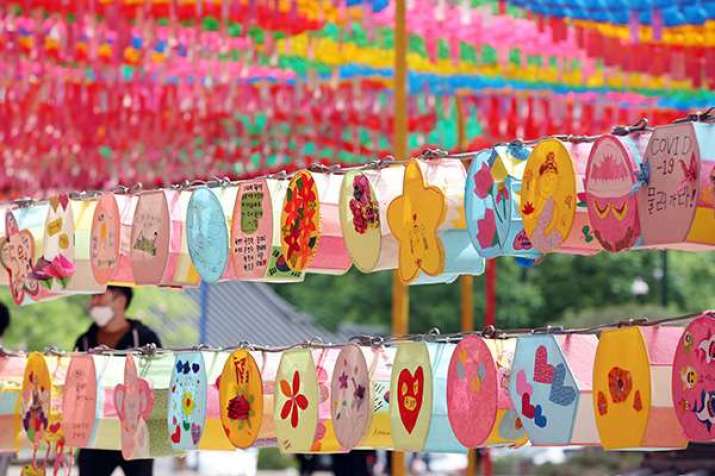
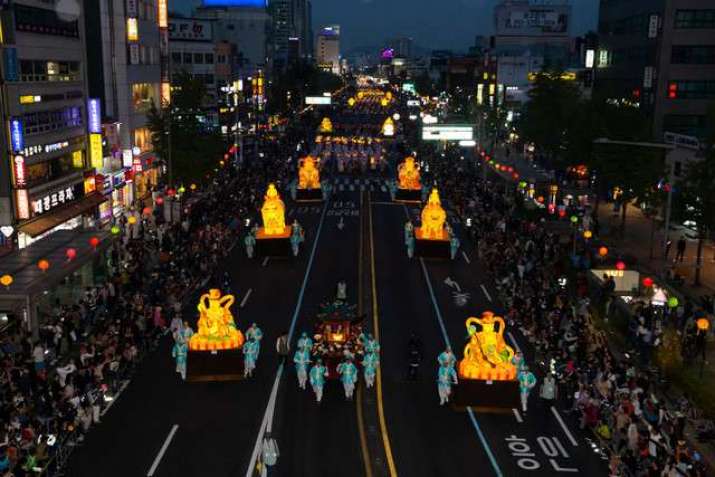
The lantern festival has been canceled only three times in modern Korean history, including once in 1961, when martial law was proclaimed in Seoul during the April Revolution, and in 1980, during the Seoul Spring pro-democracy movement.
“No one can predict whether new cluster infections will happen again, regarding the recent nightclub-linked cases,” said the Association of Korean Buddhist Orders. “We made the decision after careful consideration and hope that all people will go back to a peaceful life when the pandemic comes to an end as soon as possible.” (Yonhap News Agency)
South Korea recently experienced an unexpected surge in COVID-19 cases in which at least 170 people tested positive for the coronavirus after coming into close contact with nightclubbers in Seoul’s Itaewon, a district known for its multicultural nightlife.
At the time of writing on 22 May, global confirmed SARS-CoV-2 coronavirus infections were reported to have reached 5.1 million, with 332,924 deaths so far recorded and 1.9 million recovered.* The World Health Organization in March estimated the mortality rate from the virus at 3–4 per cent, based on incomplete and preliminary data, with the elderly and people with underlying health conditions considered most at risk. The Korean government, which was one of the fastest in the world in its response to contain the local outbreak, has reported 11,142 confirmed cases of COVID-19 and 264 deaths, with 10,162 reported to have recovered.
According to census data for 2015, the majority of South Korea’s population—56.1 per cent—holds no religious affiliation. Christians make up the largest religious segment of the population at 27.6 per cent, while Buddhists account for 15.5 per cent.
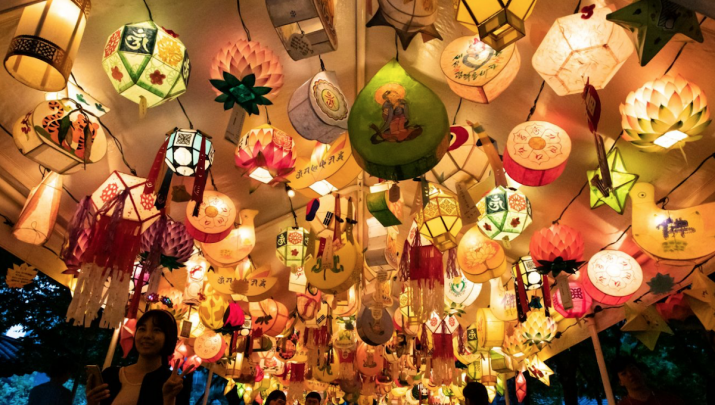
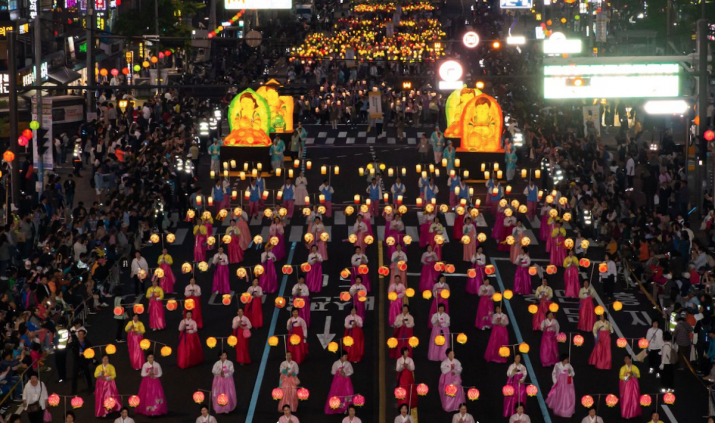
See more
Yeon Deung Hoe
(LEAD) Buddhist community cancels lantern festival amid lingering fears of coronavirus (Yonhap News Agency)
Buddhist community cancels lantern festival amid lingering fears of coronavirus (The Korea Herald)
Buddhist community cancels lantern festival amid lingering fears of coronavirus (The Korea Times)
Buddhist Orders Cancel Lotus Lantern Festival amid COVID-19 Fears (KBS World Radio)
[Photo] 2020 Seoul Lantern Festival canceled because of COVID-19 (Hankyoreh)




